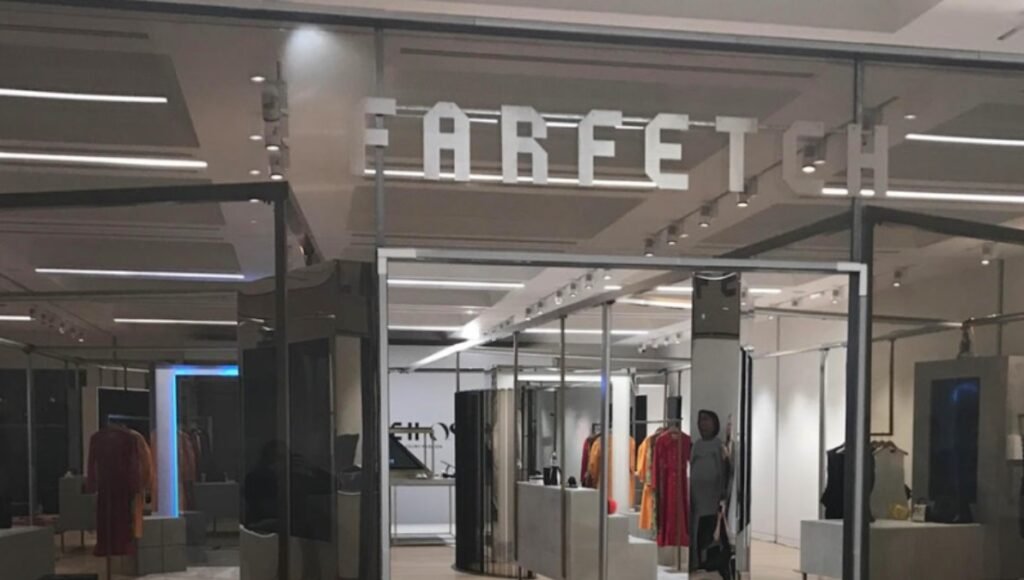Farfetch, the online luxury fashion platform, saw its shares surge by 23% on Monday, following a report that its founder and CEO, José Neves, is considering taking the company private. The report, published by The Telegraph, cited unnamed sources who said that Neves is exploring a deal to buy out the public shareholders of Farfetch, which has been listed on the New York Stock Exchange since 2018.
The report also said that Neves is in talks with potential investors, including Alibaba, the Chinese e-commerce giant, and Richemont, the Swiss luxury group, to back his bid. Alibaba and Richemont are already strategic partners of Farfetch, having invested $1.15 billion in the company in November 2020. The deal gave them a combined 25% stake in Farfetch’s China business, as well as access to its global marketplace.

Farfetch struggles to turn a profit despite strong growth
Farfetch, which was founded by Neves in 2007, operates as a platform that connects luxury brands, boutiques, and consumers around the world. The company offers more than 3,500 brands and over 1.3 million products on its website and app, and has more than 4 million active customers. Farfetch also owns the online fashion retailer Net-a-Porter, which it acquired from Richemont in 2022.
Despite its strong growth and popularity, Farfetch has been struggling to turn a profit, as it faces high costs and competition from other online and offline players. The company reported a net loss of $281 million for the second quarter of 2023, compared to a net profit of $68 million for the same period in 2022. The company also lowered its guidance for the full year, citing the impact of the Covid-19 pandemic and supply chain disruptions.
Farfetch faces challenges and opportunities in the luxury market
The luxury market, which Farfetch operates in, has been undergoing significant changes in recent years, as consumers shift their preferences and behaviors. The Covid-19 pandemic has accelerated the digitalization and globalization of the industry, as well as the demand for sustainability and social responsibility. Farfetch has been trying to adapt to these trends, by expanding its presence in emerging markets, such as China and the Middle East, and by launching initiatives to promote circular fashion and diversity.
However, Farfetch also faces challenges from the changing dynamics of the industry, such as the consolidation of luxury groups, the rise of direct-to-consumer brands, and the emergence of new platforms and channels. Farfetch has to compete with the likes of LVMH, Kering, and Chanel, which have been investing in their own e-commerce and digital capabilities, as well as with the likes of Amazon, Shopify, and Instagram, which have been attracting more fashion shoppers and sellers.
Farfetch’s future remains uncertain amid buyout speculation
The report of Farfetch’s potential buyout has sparked speculation and debate among investors and analysts, as they weigh the pros and cons of the deal. Some argue that going private would allow Farfetch to focus on its long-term vision and strategy, without the pressure and scrutiny of the public market. Others contend that staying public would enable Farfetch to benefit from the growth and innovation of the luxury industry, and to leverage its partnerships and platform.
As of now, neither Farfetch nor Neves have confirmed or denied the report, and the details and feasibility of the deal remain unclear. Farfetch’s market value, as of Monday’s close, was $3.7 billion, down from its peak of $21 billion in 2019. The company’s share price, as of Tuesday’s pre-market, was $11.35, down from its IPO price of $20.
